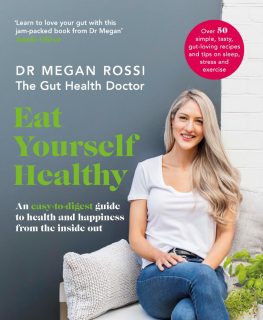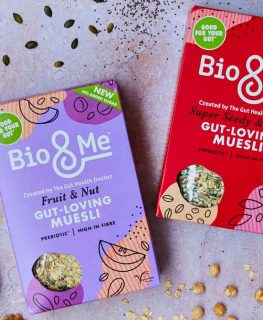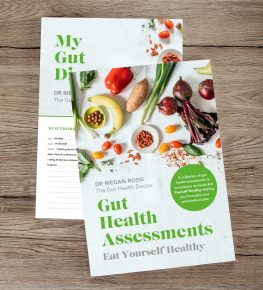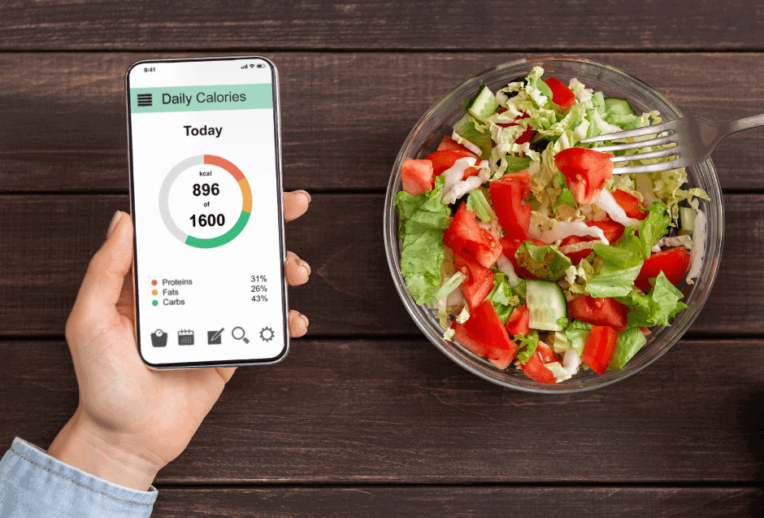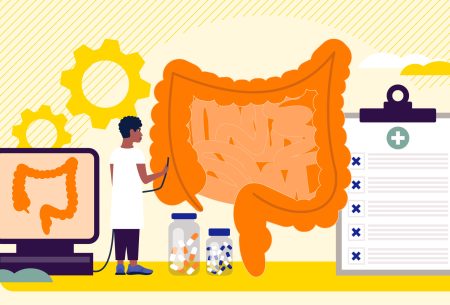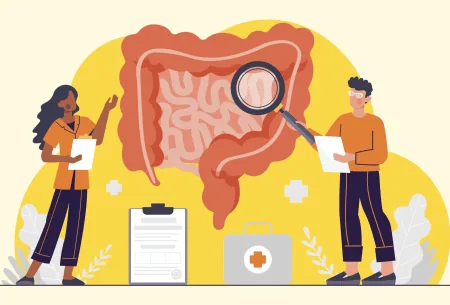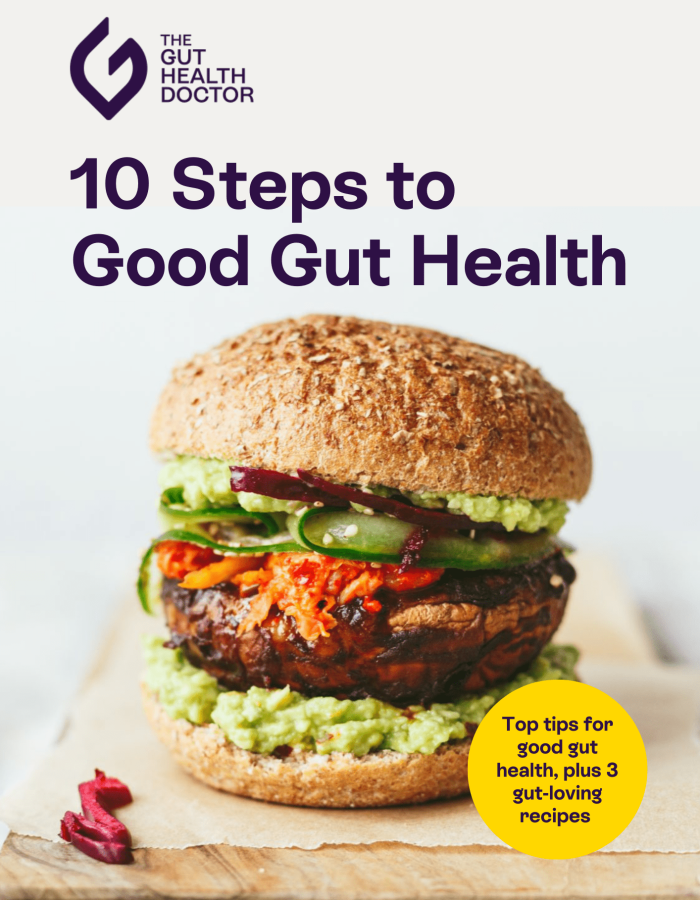What is calorie counting?
Calorie counting is the action of calculating the calories we eat from food (which might be via an app), to compare against the calories we burn in the day. Simple maths, right? No! If weight management was that simple, we wouldn’t have so many issues with malnutrition and yo-yo dieting.
Why is calorie counting flawed?
It’s all an estimate.
- The calories on our food labels? It’s an average – the actual calories contained from packet to packet will likely be different. For example, how can the server in our favourite restaurant chain serve the exact amount and proportion of food each time?
- The calories our smartwatch or the treadmill at the gym told us that we burned? Also based on averages.
- The metabolism that those apps calculate? An estimate.
Unless we’re in a controlled environment (i.e. indirect calorimeter) – an equation of averages will never be an exact science.
Also, food is more than calories – our plant foods are packed full of thousands of nutrients and beneficial plant chemicals. It isn’t fair to compare an avocado to a chocolate cake and avoid both based on calories – your body will be able to extract plenty of vitamins and minerals from the avocado and the gut microbes will feed on the fibre, which we know is associated with a range of health benefits.
Factors that influence calorie metabolism
My body will extract calories (and nutrients) from food differently to somebody else’s. Evidence tells us that our digestion and our gut microbes have an important role as well as the food that we choose.
- Digestion starts in the mouth – chewing our food well releases digestive enzymes that coat the food, starting the chemical digestion process. We know that slowing down our eating (which is a practice of mindful eating too) can help us feel more satisfied from food, which may help to prevent overeating. This is due to hormones in our gut that communicate to our brain telling us once it has received enough food. This communication takes some time. Hence why fast eaters may be at a higher risk of overeating and feeling less satisfied after eating.
In our mouth we also have a community of microbes that can influence our taste changes. Our taste buds regenerate approximately every 10 days. This means we can train our taste buds to seek the foods we habitually eat which is great news for people who struggle to get in their plant-based foods for taste reasons. Remember the first time you tried wine or olives? Gentle exposure to more plant-based foods may lead to us choosing these foods over the calorific, processed foods that a lot of tend to prefer.
- Once food leaves the mouth, it travels down our oesophagus, gets cleaned up and further digested in our stomach, then the food enters our (not so) small intestine. Here the composition of the food we eat impacts the absorption of calories from food. Whole foods such as fruits, vegetables, and nuts require more chewing, breaking down, and digesting which means your body burns calories whilst eating (known as a thermogenic effect). But also, microbes further down in our large intestine leave part of the nut undigested. This means some comes out in our poop. Similar to our yellow friend, sweetcorn.
- Our metabolism will decrease as we lose weight, and over time our calories out (i.e. energy expenditure) will change. This will be met by neurological and hormonal changes that will urge us to seek food. These are the survival mechanisms that kept our ancestors alive. But irritatingly inconvenient in the modern world, where energy-dense foods are everywhere. Remember that the more a food manufacturer breaks a food down, the less fibre the food has. This can mean we have a shorter feeling of fullness after eating processed foods (think whole jumbo oats vs quick oats as an easy example).
- The thermogenic effect (burning calories whilst digesting) could be up to 50% higher when eating whole foods over ultra-processed foods. This can add up over the course of a year, and might go some way to explain why people may gain significantly more weight when given ultra-processed foods vs when eating the whole food options. This also might explain why some research on calorie counting using the same calorie goals in two groups of people found that those who added more plants in their diet lost more weight at the end of the study. The take-home message from this? More plants may help us lose weight, despite how many calories they appear to add on paper. Unfortunately this isn’t a hall pass for gorging on wholefood plant-based foods, but it certainly lends to the power of plants for weight regulation.
Should we ditch calorie counting?
Calorie counting can be a short term reflection tool to help someone get an insight into the types of foods they are eating as well as a general understanding of calories eaten. BUT it doesn’t give us the full picture (exercise, stress, sleep etc). Plus, when used religiously it can become restrictive, stressful and unsustainable.
Instead, we suggest finding health in a way that you enjoy – come and chat to me in clinic if you want support with any aspect of diet and weight management.



